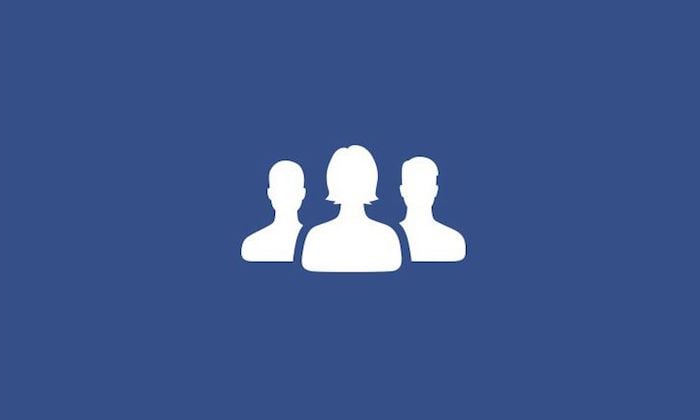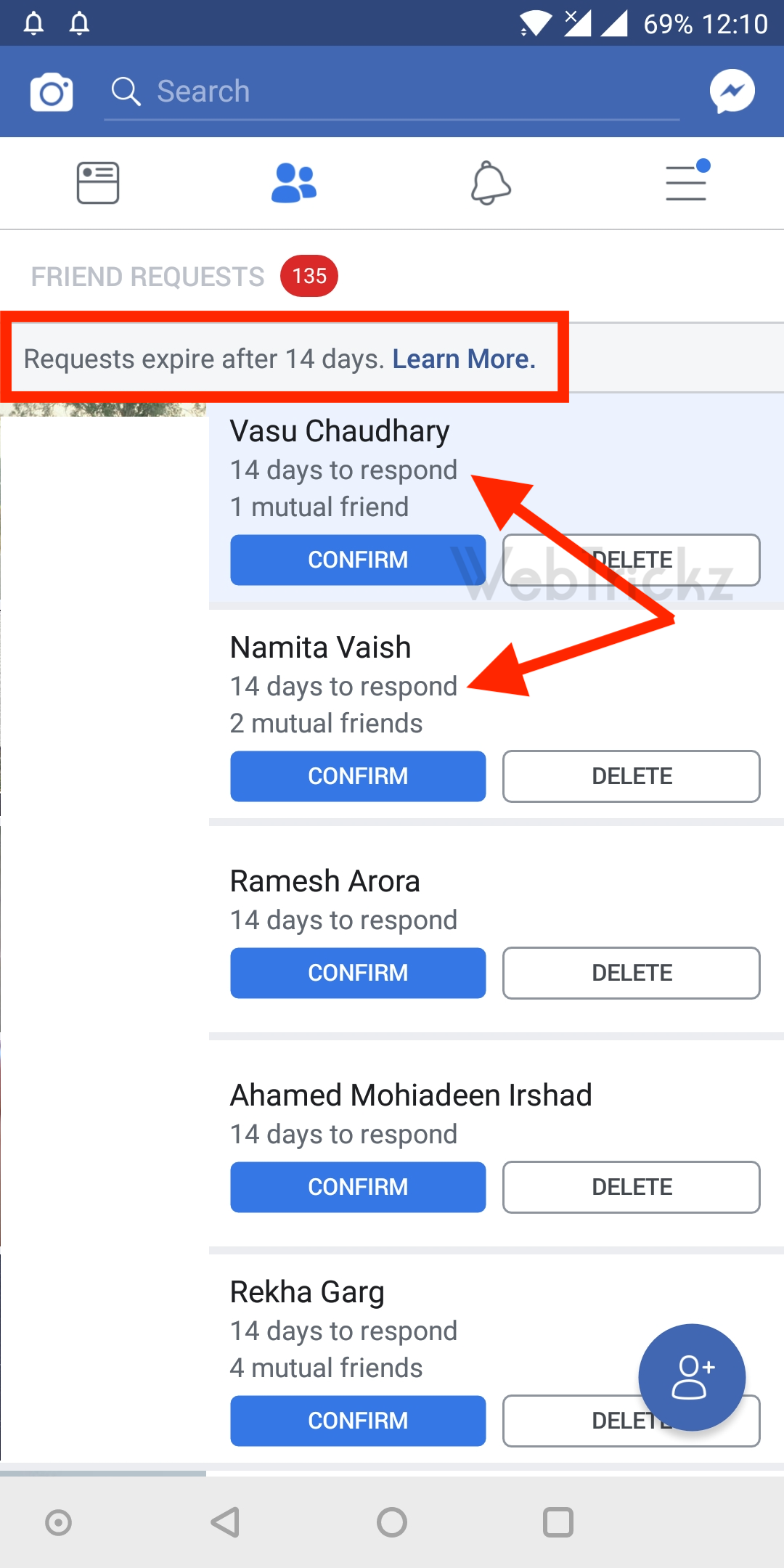

You have access to all of that data, but it’s in anonymized, aggregate formats via analytics. You can’t dig into their profiles and learn about them individually. There’s no way, for example, to pull a complete list of every user who follows your Page. An individual is most susceptible to that data being visible when they’re friends with someone.Ī Page can only see so much data about one of its followers. Facebook is an absolute haven for immense amounts of personal data. Part of the reason Facebook does as much as they can to put businesses and commercial figures into Pages and leave Profiles to individuals is a liability issue.

You can’t be friends with someone without both parties consenting, and either party can sever the relationship. Where most other sites are one-way follows, Facebook’s friend requests form the backbone of a reciprocal relationship. The Facebook “friend” relationship is interesting in comparison to other social networks and other relationships.

Friend requests, however, are another thing entirely. It wouldn’t make sense for them to neuter the growth of a popular Page like that. With a Page, there are no restrictions on the number of people who can follow you in a given day. They’ll then send you a warning saying you need to stop all business-like activity on your Profile, and that continuing to use a Profile as if it were a Page is enough to potentially get your account restricted.Īnd, of course, there are restrictions on actions you can take on Facebook. If your profile gains too many friends too quickly, or if they think for some reason you’re looking like a business or using your profile as you would a Page, they will create a copy of it and convert it to a Page immediately. In fact, the argument is made by Facebook, directly, fairly frequently. Now, the argument can be made that all of these are good cases for the “public figure” style of Facebook Page.


 0 kommentar(er)
0 kommentar(er)
